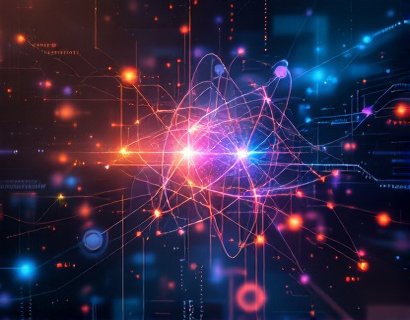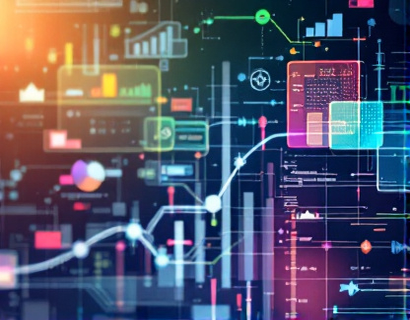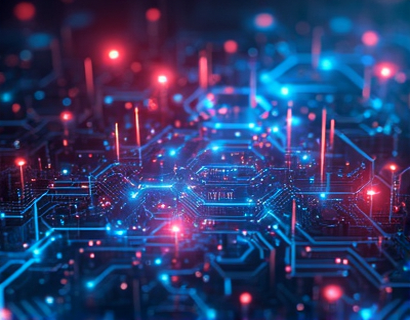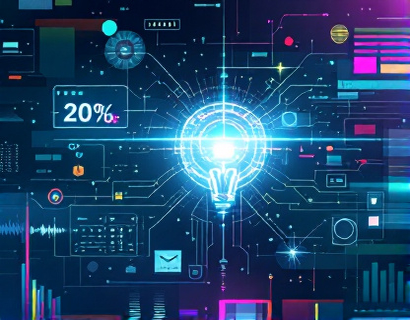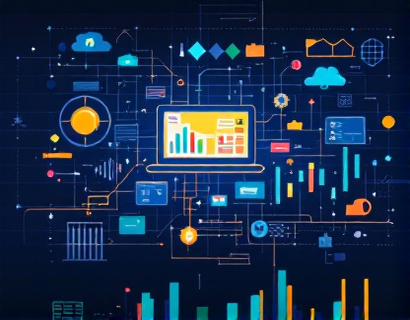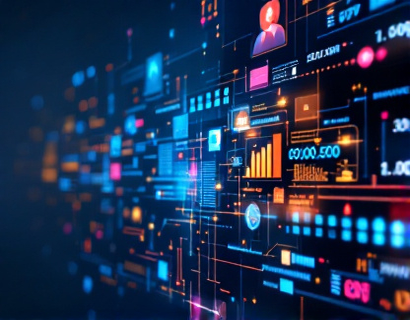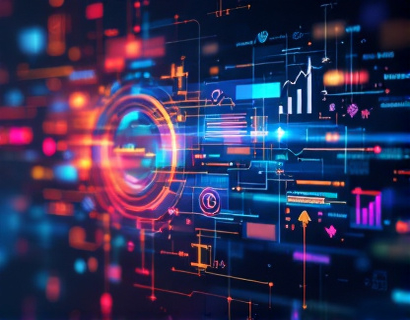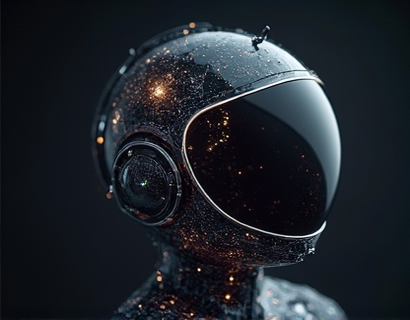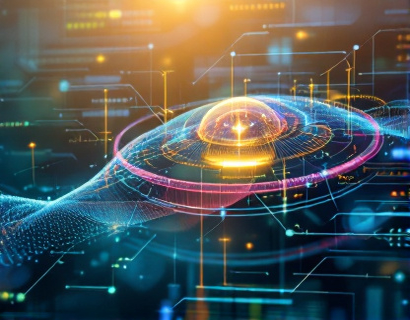AI and Crypto: Pioneering the Next Wave of Digital Transformation
The intersection of artificial intelligence and cryptocurrency is catalyzing a revolution in digital productivity, offering unprecedented opportunities for tech-savvy professionals and early adopters. This convergence is not just about integrating two cutting-edge technologies; it's about redefining how we manage tasks, optimize workflows, and harness the power of decentralized systems for enhanced efficiency and innovation.
The advent of AI has transformed various sectors by automating routine tasks, providing insights through data analysis, and enhancing decision-making processes. When combined with the inherent characteristics of cryptocurrency—such as decentralization, security, and transparency—new paradigms of productivity emerge. These technologies together form a powerful toolkit for modern businesses and individuals seeking to stay ahead in the rapidly evolving digital landscape.
Enhancing Task Management with AI
AI-driven task management tools are revolutionizing the way we approach productivity. These tools utilize machine learning algorithms to predict task priorities, automate repetitive activities, and provide personalized recommendations based on user behavior. For instance, AI can analyze historical data to identify patterns and suggest optimal times for task execution, ensuring that critical activities are completed during peak productivity periods.
Moreover, AI-powered virtual assistants can handle complex tasks, from scheduling meetings to drafting emails, freeing up valuable time for more strategic work. The integration of natural language processing (NLP) enables seamless interaction with these assistants, making them more intuitive and user-friendly. This synergy between AI and task management tools not only boosts efficiency but also reduces the cognitive load on users, allowing them to focus on high-value tasks.
Optimizing Workflows Through Blockchain and AI
The combination of blockchain technology and AI takes workflow optimization to a new level. Blockchain's decentralized and immutable ledger provides a transparent and secure environment for tracking and verifying transactions, while AI enhances this process by analyzing data in real-time to identify bottlenecks and suggest improvements.
Smart contracts, a key feature of blockchain, can be programmed with AI algorithms to execute tasks automatically when predefined conditions are met. This automation reduces the need for intermediaries, speeds up processes, and minimizes errors. For example, in supply chain management, AI can predict demand fluctuations and adjust inventory levels accordingly, while smart contracts ensure that payments are processed seamlessly and securely.
Decentralized Productivity Platforms
Decentralized productivity platforms are emerging as a significant application of AI and cryptocurrency. These platforms leverage blockchain to create trustless environments where users can collaborate and share resources without central authority interference. AI enhances these platforms by providing intelligent matching algorithms that connect users with complementary skills and resources, optimizing collaboration and project outcomes.
One notable example is decentralized marketplaces where freelancers and businesses can transact directly using cryptocurrency. AI-driven matchmaking ensures that projects are assigned to the most suitable candidates based on past performance, skills, and availability. This not only streamlines the hiring process but also builds a reputation system that fosters trust and accountability within the community.
Security and Privacy in AI-Crypto Workflows
Security and privacy are paramount in any digital transformation journey. The integration of AI and cryptocurrency addresses these concerns by providing robust security measures and enhancing user privacy. Blockchain's cryptographic techniques ensure that data is tamper-proof and secure, while AI can detect and mitigate potential security threats in real-time.
Privacy-preserving technologies such as zero-knowledge proofs allow users to verify transactions without revealing sensitive information. AI can further enhance privacy by anonymizing data and implementing advanced encryption methods. This dual approach ensures that users can benefit from the advantages of AI and cryptocurrency without compromising their data security.
Case Studies: Real-World Applications
Several industries are already reaping the benefits of AI and cryptocurrency integration. In the healthcare sector, AI-driven analytics combined with blockchain-based patient records management has improved data accuracy and interoperability. AI algorithms analyze medical data to provide personalized treatment recommendations, while blockchain ensures that patient data is securely shared among healthcare providers.
In the finance industry, decentralized finance (DeFi) platforms utilize AI to optimize trading strategies and risk management. Smart contracts execute trades automatically based on AI-generated insights, reducing human error and increasing transaction speed. Cryptocurrency facilitates seamless cross-border transactions, eliminating the need for intermediaries and reducing costs.
Challenges and Considerations
Despite the numerous advantages, the integration of AI and cryptocurrency in productivity solutions comes with challenges. One major concern is the regulatory landscape, which is still evolving and varies significantly across regions. Businesses must navigate these regulations carefully to ensure compliance and avoid legal pitfalls.
Another challenge is the technical complexity involved in implementing these technologies. Organizations need skilled professionals who can develop and maintain AI and blockchain systems. Additionally, there is a learning curve associated with adopting new tools and processes, which requires investment in training and education.
Future Trends and Opportunities
The future of AI and cryptocurrency in productivity solutions is promising, with several emerging trends and opportunities on the horizon. One such trend is the development of AI-powered predictive analytics on blockchain networks, enabling more accurate forecasting and decision-making. The combination of these technologies can lead to smarter, more resilient systems that adapt to changing conditions in real-time.
Another exciting area is the integration of AI with Internet of Things (IoT) devices, facilitated by blockchain for secure and decentralized data management. This synergy can revolutionize industries such as smart cities, autonomous vehicles, and industrial automation, creating more efficient and connected ecosystems.
Furthermore, the rise of Web3 and decentralized applications (dApps) is set to redefine user experiences online. AI-driven dApps can offer personalized content, enhanced security, and community-driven governance models, creating a more equitable and user-centric digital environment.
Conclusion
The convergence of AI and cryptocurrency is not just a technological trend but a transformative force reshaping the future of productivity. By leveraging the strengths of both technologies, organizations and individuals can achieve unprecedented levels of efficiency, security, and innovation. As the landscape continues to evolve, embracing these advancements will be crucial for staying competitive and relevant in the digital age.



